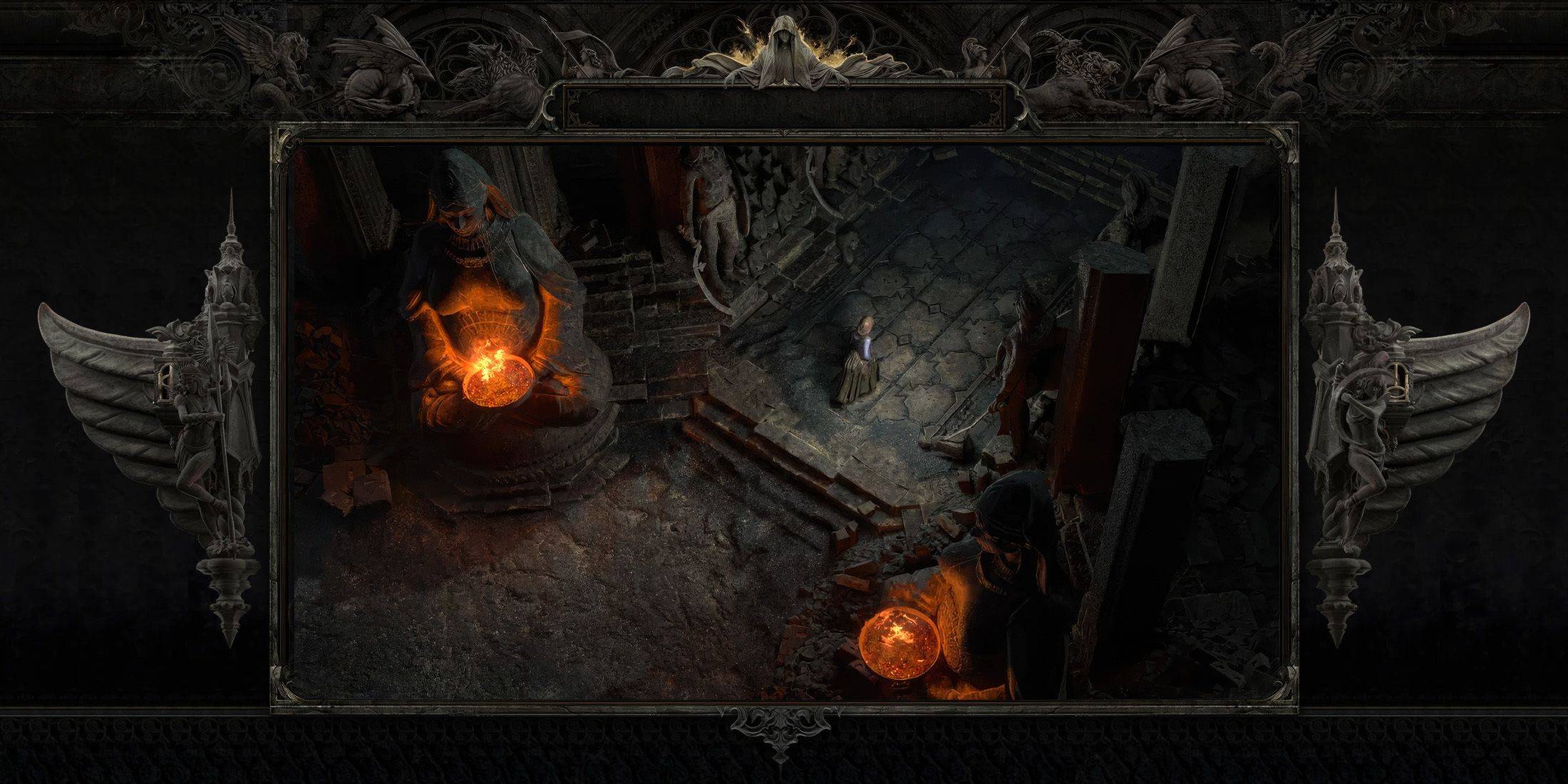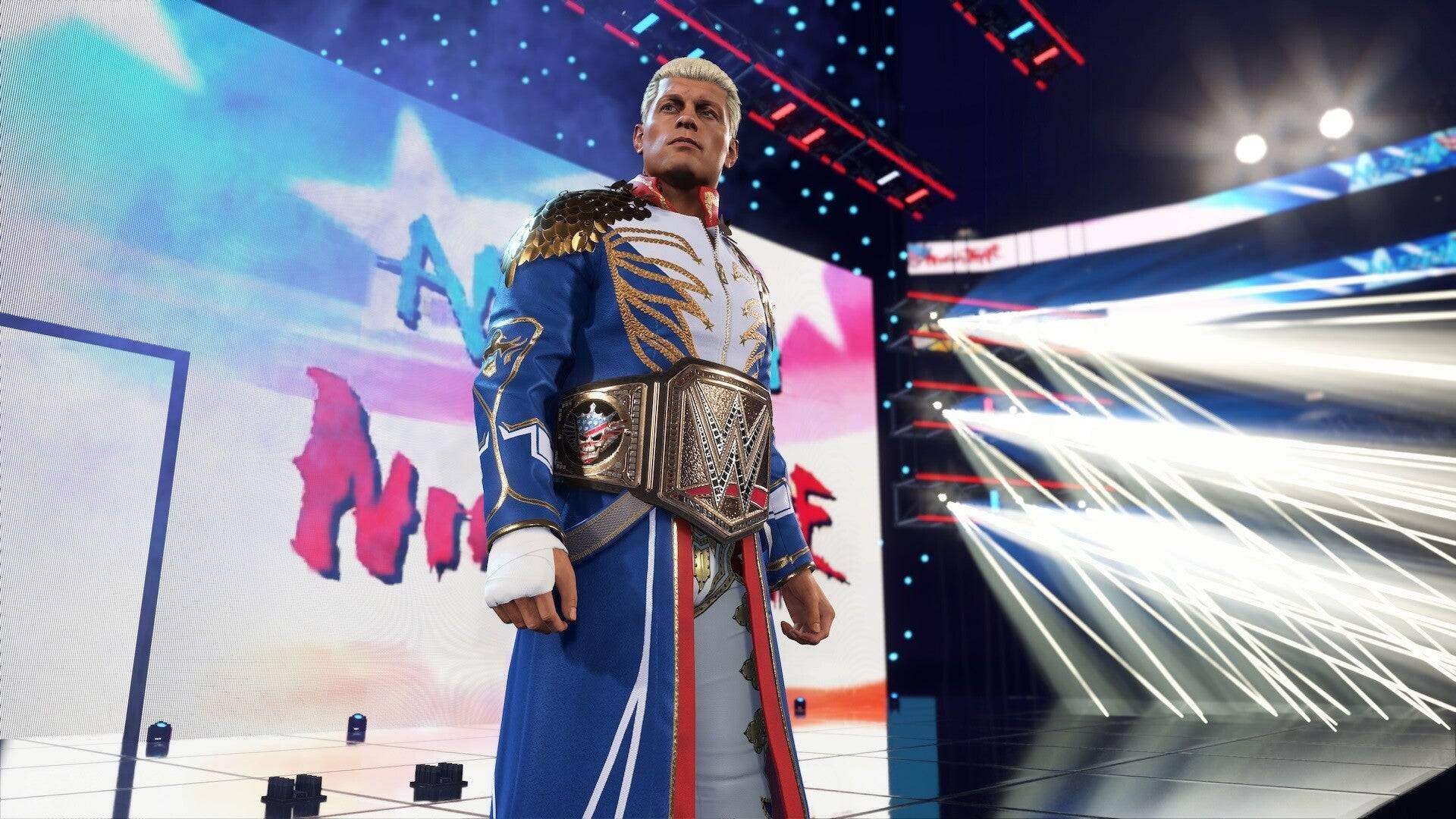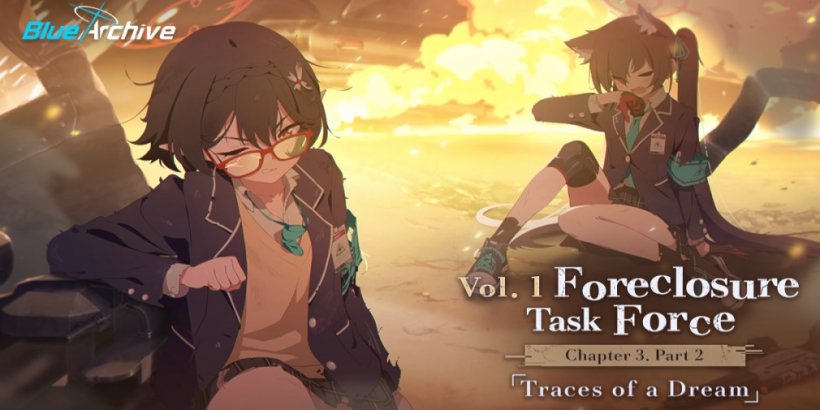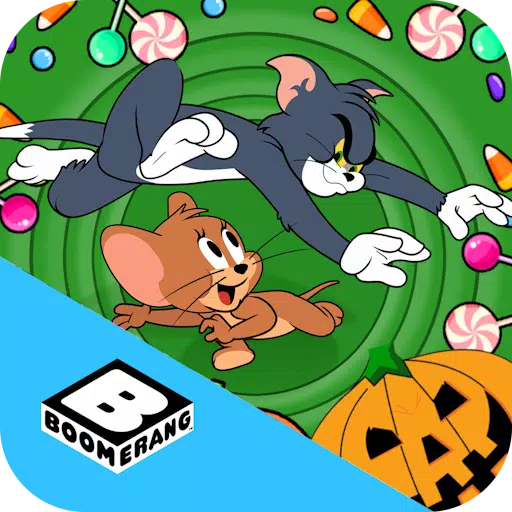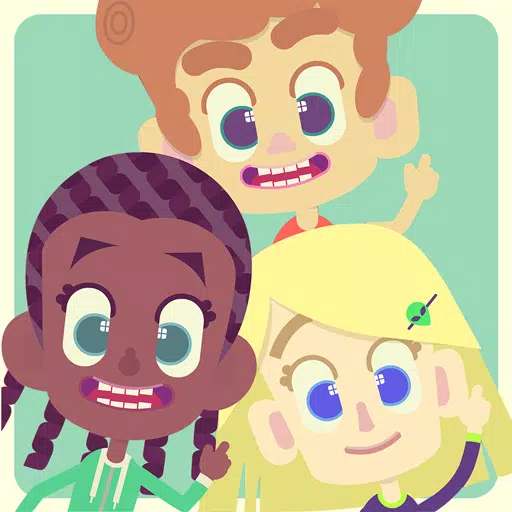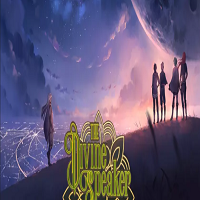At the DICE Summit in Las Vegas, Nevada, Naughty Dog's Neil Druckmann and Sony Santa Monica's Cory Barlog engaged in a candid discussion about doubt, a deeply personal topic for both game developers.
For nearly an hour, the duo explored topics close to their hearts, from self-doubt as creators to discerning the validity of their ideas. They also fielded pre-submitted audience questions, including one Barlog posed to Druckmann about sequels: “How do you and your team handle character development across multiple games?”
Druckmann’s response was unexpected for a veteran of several sequels: he avoids planning for multiple games.
“That’s a straightforward question for me because I don’t focus on multiple games. The current project consumes all my attention,” he said. “Thinking about a sequel while working on the first game feels like tempting fate. While making The Last of Us 2, occasional ideas for future stories surfaced, but I treat each project as if it might be the last. I’m not saving ideas for later—if I have a great concept, I pour everything into the current game.”
Long-Term Storytelling
Druckmann elaborated that this approach applies to all his work, except for The Last of Us TV series, which he knows will span multiple seasons. When developing sequels, he reflects on past work to identify unresolved elements and new directions for characters. “If I feel their journey has nowhere left to go, I might decide it’s time to let them go,” he quipped.
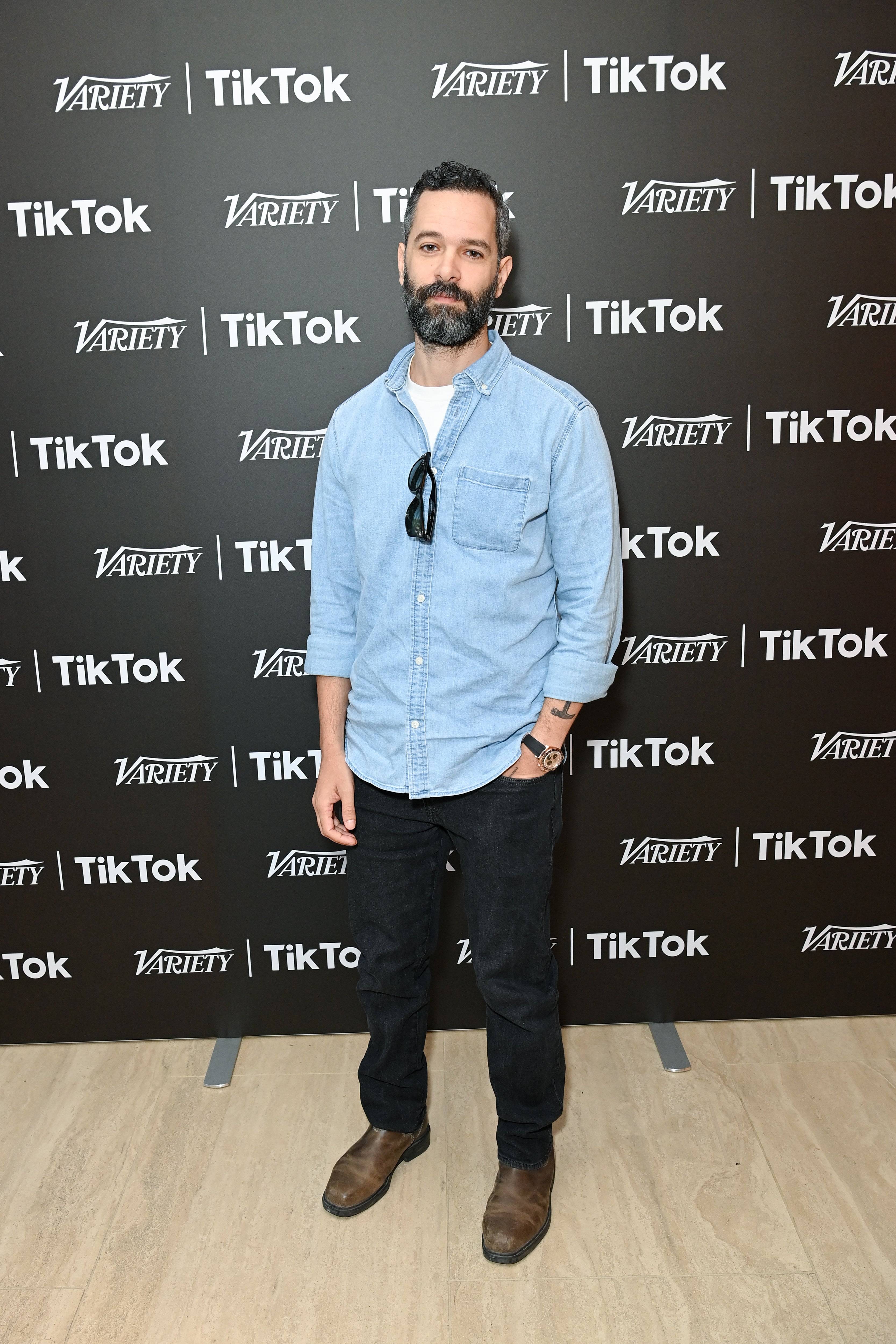
“When we created Uncharted 1, we didn’t foresee the train sequence in Uncharted 2 or Nathan Drake’s arc. We figured it out during development. The same applied to Uncharted 3 and 4. We ask, ‘How do we avoid repeating ourselves? Where can this character go next? What drives them back into adventure?’ If we can’t find a fresh answer, we question if it’s the right character or project—or if it’s time for something new.”
Barlog, in contrast, described his approach as meticulously planned, likening it to a “Charlie Day conspiracy board” where he connects ideas across projects, sometimes spanning a decade. “It’s magical when it works, but it’s incredibly stressful,” he admitted. “With hundreds of people involved over years, new teams bring fresh perspectives that can challenge early plans. They might question ideas set up long ago, pushing for changes.”
“That level of planning requires confidence I don’t have,” Druckmann responded. “I focus on the next five days, not a decade ahead.”
The Drive to Create
The conversation touched on various topics, including their experiences with doubt and their processes for validating ideas. Later, they reflected on their careers. Druckmann shared why he remains committed to games over a permanent shift to TV or film:
“While directing Pedro Pascal for the TV series, he jokingly asked if I liked art after I gave him notes. I countered, ‘Do you like art?’ He replied instantly, ‘It’s the reason to wake up in the morning. It’s why I live and breathe.’ That’s why we do this. Despite the stress—panic attacks, even—or the negativity, like death threats, I love games. I love the stories we tell. Working with talented people makes it worth it.”
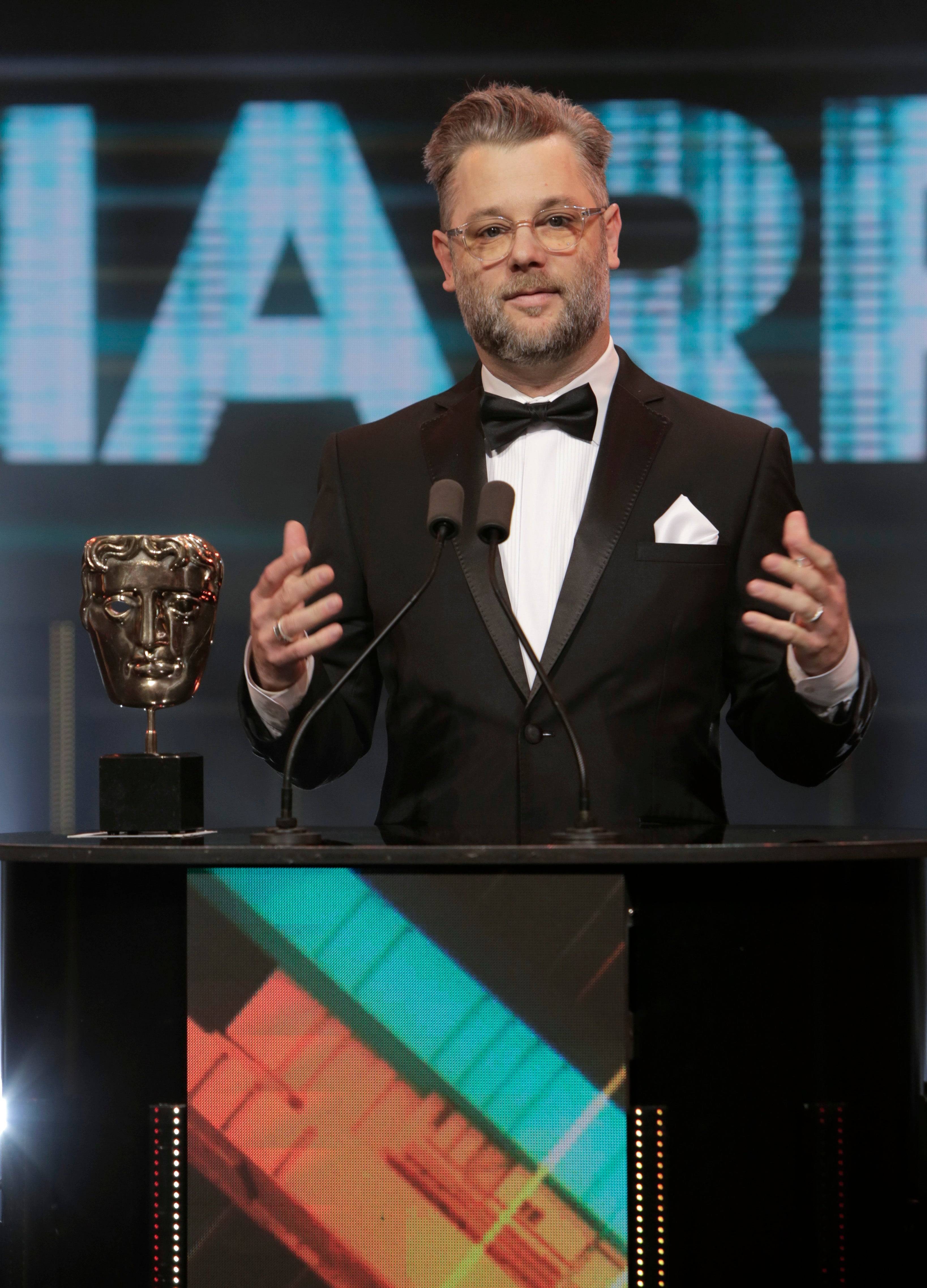
Druckmann then asked Barlog about his long career, referencing the recent retirement of colleague Ted Price. “When is it enough? When have you proven yourself enough?”
Barlog’s response was raw: “It’s never enough. The voice in your head keeps pushing you. You work tirelessly, feeling unheard, until you reach the summit of a mountain you’ve dreamed of. It’s incredible and awful at once. The obsession doesn’t let you savor the moment—it points to a taller mountain. You don’t pause to enjoy the success, the collective effort of so many people turning an idea into reality. It’s not intentional; it’s just who we are. We can’t stop, even when others urge us to slow down.”
Druckmann offered a softer perspective, recalling advice from Naughty Dog’s Jason Rubin upon his departure: leaving creates space for others to step up. “I think about that. I’m gradually stepping back from daily tasks on my current project. Eventually, I’ll step away entirely, creating opportunities for others to take on the stress, share their ideas, and be vulnerable. I don’t know when, but I think about it.”
Barlog closed with a quip: “Very convincing. I’m going to retire.”

 Latest Downloads
Latest Downloads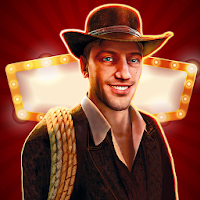
 Downlaod
Downlaod
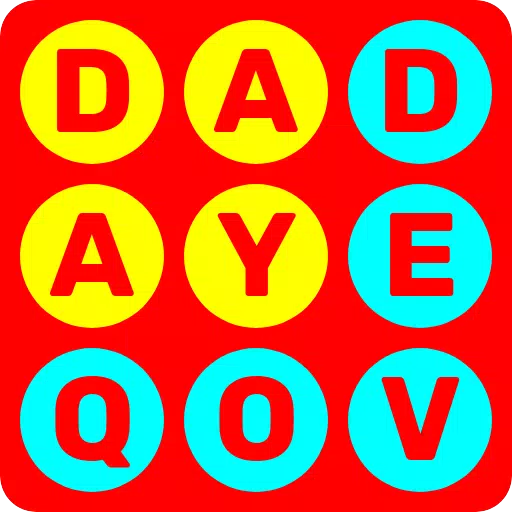



 Top News
Top News